Affray
The offence of Affray is found in section 93C of the Crimes Act 1900 (NSW) which deems a person guilty if they use or threatens unlawful violence towards another and whose conduct is such as would cause a person of reasonable firmness present at the scene to fear for his or her personal safety
You could be charged with Affray if you:
Get into a fight in public
Engage in road rage
Take part in a violent demonstration (including protests)
Getting involved in a two-sided brawl
Affray is a charge commonly used by law enforcement when they cannot establish assault but deem the conduct to have caused fear for one’s safety. If convicted, even individuals with no prior criminal history can face imprisonment. Seeking legal advice early on is crucial to understand the potential consequences and explore available defences. It’s advised to consult a lawyer before participating in any police interview.
What must the prosecution prove?
Since this offence is dealt with in the criminal jurisdiction, the burden of proof for establishing this offence rests solely with the Prosecution.The prosecution must prove the following beyond reasonable doubt:
You used, or threatened to use violence towards another person;
You intended to use or threaten to use violence;
Your actions would cause a reasonable person to fear for their personal safety; and
You did so without lawful excuse.
It’s crucial to understand that the repercussions of a criminal conviction extend beyond the court’s imposed penalty. A criminal record can significantly impact employment opportunities, particularly in sensitive sectors like childcare, healthcare, finance, and security. Additionally, it may hinder international travel visa applications.However, in certain situations, negotiation with the prosecution may lead to a reduction in charges. For instance, an affray charge, which carries a maximum two-year jail term, could potentially be replaced with a charge of Fighting in a Public Place. This alternative charge carries no jail term and a maximum fine of $1000.
What are the maximum penalties for this offence?
The maximum penalties for common assault in NSW is:
- Ten years imprisonment.
What is Self-Defence?
Self-Defence is a complete defence at law to certain criminal charges. If proven, it will require a verdict of ‘not-guilty’.
The defence is found in section 418 of the Crimes Act 1900 (NSW) which states that you are not criminally responsible for an offence if:
You believed your conduct was necessary:
To defend yourself or another person, or
To prevent the unlawful deprivation of your liberty or another person’s, or
To protect your property from being taken, destroyed, damaged or interfered with, or
To prevent criminal trespass to your land, or remove a person criminally trespassing, and
Your conduct was a reasonable response in the circumstances as you perceived them.
To rely on self-defence, there must be evidence capable of supporting a reasonable inference that you acted in accordance with the section.
Once self-defence is raised, the prosecution must disprove it ‘beyond reasonable doubt’ if it is unable to do so, you are entitled to an acquittal.
Self-defence is not available where you used force that involved the reckless or intentional infliction of death only to:
Protect property, or
Prevent or remove a criminal trespass.
What are your options at Law?
If you are facing charges of Affray, the team at Barsha Defence Lawyers can exercise the following options on your behalf to protect your interests:
Negotiate with prosecutors to withdraw or amend the charges.
Plead not guilty to the charges and present a case at a Hearing/Trial to challenge the prosecution’s case.
Plead guilty to the charges but dispute the facts alleged at a “disputed facts hearing”.
Plead guilty to the charges and the facts at a Sentencing hearing with an objective to obtain the most lenient penalty available.
If you agree that you have committed the offence and/or the police are able to establish the offence, it is best to plead guilty at the earliest possible opportunity to receive the maximum discount. The maximum discount available for an early plea of guilty is 25% of the sentence the Court is minded to impose.
Generally, if you are guilty of an offence and would like to avoid a criminal conviction, it is preferable that you enter a plea of guilty at the earliest opportunity.
Have you been charged with Affray?
If you’re facing charges for Affray, a serious legal matter, you don’t have to go through it alone. Our experienced legal team understands the complexities of such cases and is here to help you navigate the legal process effectively.
Contact us today to book your first free consultation. During this consultation, we’ll review your case, listen to your concerns, and provide you with expert legal advice tailored to your situation. Our goal is to ensure that you understand your rights and options moving forward.
With our skilled legal representation by your side, you can rest assured that your case will be handled with the utmost professionalism and dedication. Don’t delay—reach out to us now to take the first step towards protecting your rights and securing the best possible outcome for your case. Contact our team today to book your first free consultation.
